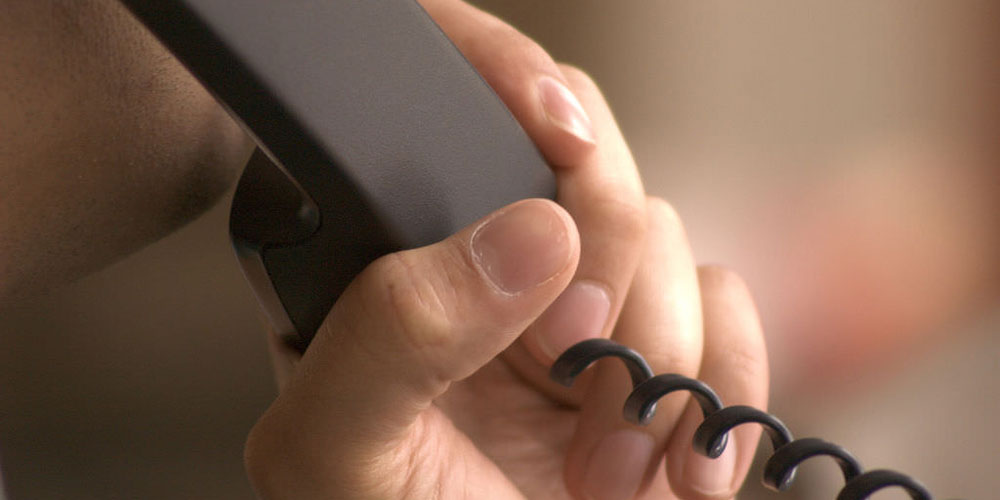Photos of telephone scam suspects in black hoods being deported from Kenya to China recently made headlines and cast quite a dramatic image for a problem that is affecting more and more of us all each day.

On April 5, 2016, the Federal Trade Commission (FTC) released an alert on tech-support themed telephone scams. They suggest:
- Don’t give control of your computer to anyone who calls you offering to “fix” your computer.
- Never give out or confirm your financial or sensitive information to anyone who contacts you.
- Getting pressure to act immediately? That’s a sure sign of a scam. Hang up.
- If you have concerns, contact your security software company directly. Use contact information you know is right, not what the caller gives you.
As we noted here for our customers last year, we have set up a form through which you can report when someone pretending to be from Dell tries to trick you into giving up private information or downloading software to your computer. We now also have a phone number you can call (8am-5pm Central) to report these scams to us: 866-453-1742. If you have already filled out the form, there is no need to call. It is simply an alternate way to deliver the same information to us. This information is securely sent directly to our team that investigates these issues.
Increasingly, we are hearing that the phone scammers appear to have Dell-centric information, such as service tags, but we have no indication that customer information used in the scams has been obtained through an external attack.
That doesn’t mean we are dismissing the issue. We have assembled a team of experts that span Dell’s security, information technology, customer support, privacy, legal and communications organizations to focus on it. And, we are evaluating our internal physical and technical security measures to determine if there are additional efforts that would further ensure our customer data is secure.
We also investigate every customer complaint received, when there is sufficient information to investigate, and we are actively working with both local and national law enforcement agencies and other corporations experiencing similar challenges to pursue action against those who seek to defraud our customers.
You can help us by continuing to report information such as the phone number used to contact you, any information they know about your Dell system, and the name of any program they want you to download. Although you may not hear directly from our Security team, they will use the information to investigate and track down the parties responsible.
The information our customers are already providing through the form at dell.com/reportphonescams has directly led to our ability to shut down fraudulent web sites that are used by both phone and email scammers to appear as if they are from Dell.
Let me reiterate, that the safest thing you can do if you suspect a caller is fraudulent is to hang up. While Dell does offer some services that will proactively assist you with support issues should you opt into them, we do not make unsolicited calls asking to charge you to fix an unreported issue.
But, if you have information that could help us stop this, I urge you to share it at dell.com/reportphonescams. And share that link or this post with your friends and family, so that they will know what to do if they get one of these calls.
I thank you for your assistance, and commit to you that stopping these scammers is a top priority at the highest levels of our organization.
Image by Martin Cathrae via Creative Commons
[Editor’s Note: As mentioned above, we are working with several law enforcement agencies on this issue and the Federal Bureau of Investigation Internet Crime Complaint Center has asked us to encourage recipients of phone scam calls to file complaints with them, in addition to reporting Dell-related calls to us. To do so, visit: http://www.ic3.gov/default.aspx]